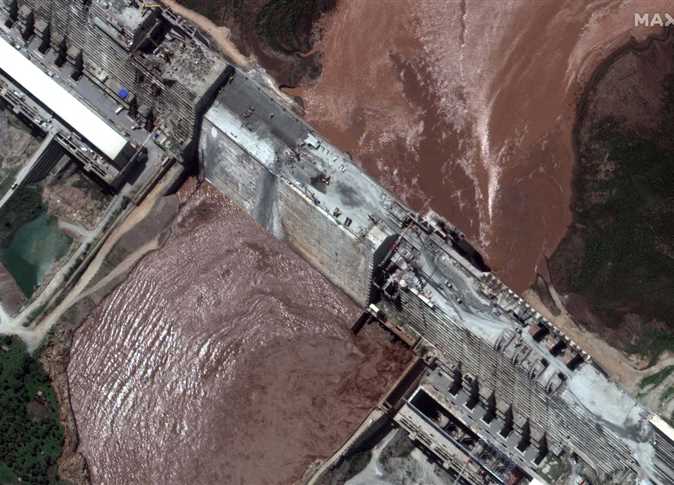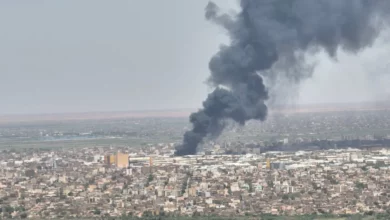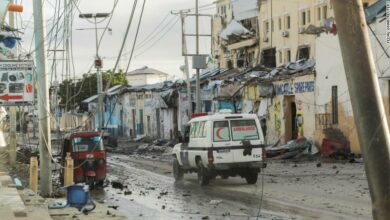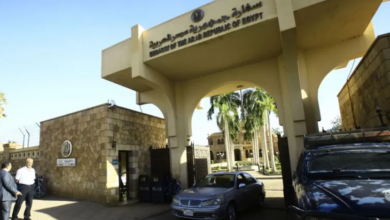
The Ethiopian ambassador to Egypt, Markos Tekle Rike, announced that his country will close its embassy in Egypt due to “the economic situation in his country” for three to six months.
In statements to the BBC on Sunday, Rike explained that the closure has nothing to do with the Grand Ethiopian Renaissance Dam (GERD).
He added that the embassy’s commissioner will be the one who will manage it and take care of Ethiopian interests in Cairo while the embassy is suspended.
The BBC reported that Ethiopia’s closure of its embassy in Cairo comes is part of a larger plan to close its embassies in about 30 countries including Algeria, Morocco and Kuwait, but Addis Ababa did not sever its diplomatic relations with any of these countries.
Ethiopia had recalled its ambassadors from Egypt and Sudan back in March 2020, and said it had nothing to do with GERD dispute.
Ethiopia’s Ministry of Foreign Affairs had explained that this was simply a routine procedure Addis Ababa performs from time to time.
Egypt, Sudan and Ethiopia are at odds over GERD. Egypt and Sudan consider the dam a threat to their vital water supplies, while Ethiopia considers it essential for development and doubling its electricity production.
Egypt and Sudan say they want a legally binding agreement, while Ethiopia says any pact should be advisory.
The downstream nations fear possible blows to water facilities, agricultural land, and overall availability of Nile water.
They presented the GERD issue at a UN Security Council hearing in July in hopes of bringing more international players into the negotiation process.
Following the hearing, the Security Council issued a statement encouraging the three countries to resume negotiations under the auspices of the African Union, and to reach an agreement within a set amount of time. It also warned each country against unilateral measures.
Negotiations over the dam between Egypt, Ethiopia, and Sudan have stalled for years, with the three parties ultimately failing to reach any agreements.
The disputed dam is the largest hydroelectric project in Africa, with a cost of more than four billion dollars.
Edited translation from Al-Masry Al-Youm




